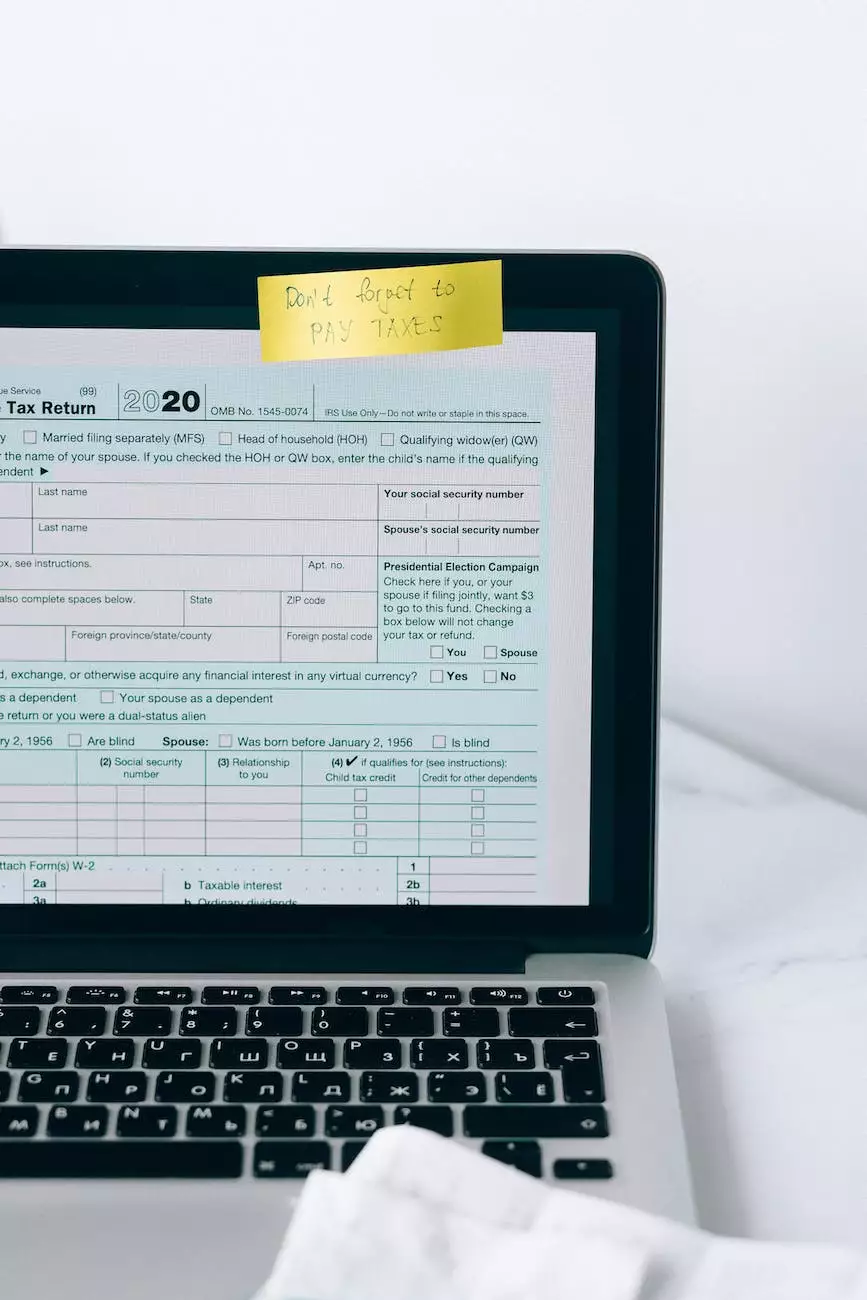Will closing this account hurt my credit score?
Financials & Reports
Understanding the Impact of Closing Accounts on Your Credit Score
Welcome to Social Service of America, your trusted source for valuable information on all things related to finance, credit scores, and more. Today, we tackle the frequently asked question: "Will closing this account hurt my credit score?"
Why Closing Accounts Might Affect Your Credit Score
Many people worry that closing an account could negatively impact their credit score. While the answer is not always a simple 'yes' or 'no,' closing an account can indeed have an effect on your credit score, depending on various factors.
One factor to consider is the length of your credit history. Closing a long-standing account could potentially shorten your credit history, which may have a negative impact on your credit score. Lenders often prefer individuals with longer credit histories as it provides a more thorough picture of their financial responsibility.
Another important consideration is your credit utilization ratio. This ratio reflects the amount of credit you have available versus the amount you are currently using. Closing an account can result in a higher utilization ratio, as the total available credit decreases. Lenders typically prefer borrowers with lower utilization ratios, as it indicates responsible credit management.
The Immediate and Long-Term Consequences of Closing Accounts
It's essential to understand that the consequences of closing an account will not be the same for everyone. However, here are a few potential outcomes you should be aware of:
1. Impact on Credit Score
Closing an account may not have an immediate impact on your credit score. However, the long-term effects may become apparent over time. As mentioned earlier, factors like credit history length and credit utilization ratio can impact your credit score. Consider these factors carefully before deciding to close an account.
2. Change in Credit Mix
Another aspect to consider is the impact on your credit mix. Your credit mix refers to the different types of credit accounts you have, such as credit cards, loans, and mortgages. Lenders generally prefer a diverse credit mix, as it shows your ability to manage various types of credit. Closing an account could potentially limit your credit mix, but this alone may not significantly impact your credit score.
3. Potential Future Loan Applications
If you are planning to apply for a loan in the near future, it's crucial to assess the potential impact of closing an account. Lenders often consider various factors when reviewing loan applications, including credit history and credit utilization. If you anticipate applying for a loan soon, it may be wise to postpone closing any accounts until after your loan is approved.
Guidelines to Minimize Credit Score Impact
If you've decided that closing an account is necessary, follow these guidelines to minimize any potential negative impact on your credit score:
1. Pay off Balances
Before closing an account, ensure that you have paid off any outstanding balances. By doing so, you decrease your credit utilization ratio, which can positively impact your credit score.
2. Consider the Age of the Account
As mentioned earlier, closing a long-standing account may have a bigger impact on your credit score due to shorter credit history. If possible, it may be beneficial to keep older accounts open, especially if they are in good standing.
3. Monitor Your Credit Regularly
Regardless of whether you choose to close an account or not, it's essential to monitor your credit regularly. This allows you to stay informed about any changes and take necessary actions to protect and improve your credit score.
Conclusion
In conclusion, closing an account can potentially impact your credit score, but the extent of the impact depends on various factors. It's important to carefully evaluate the potential consequences and weigh them against your current financial situation and goals.
At Social Service of America, we are committed to providing you with expert advice and reliable information to help you make informed financial decisions. Remember, understanding how credit scores work is crucial in maintaining a healthy financial future.









